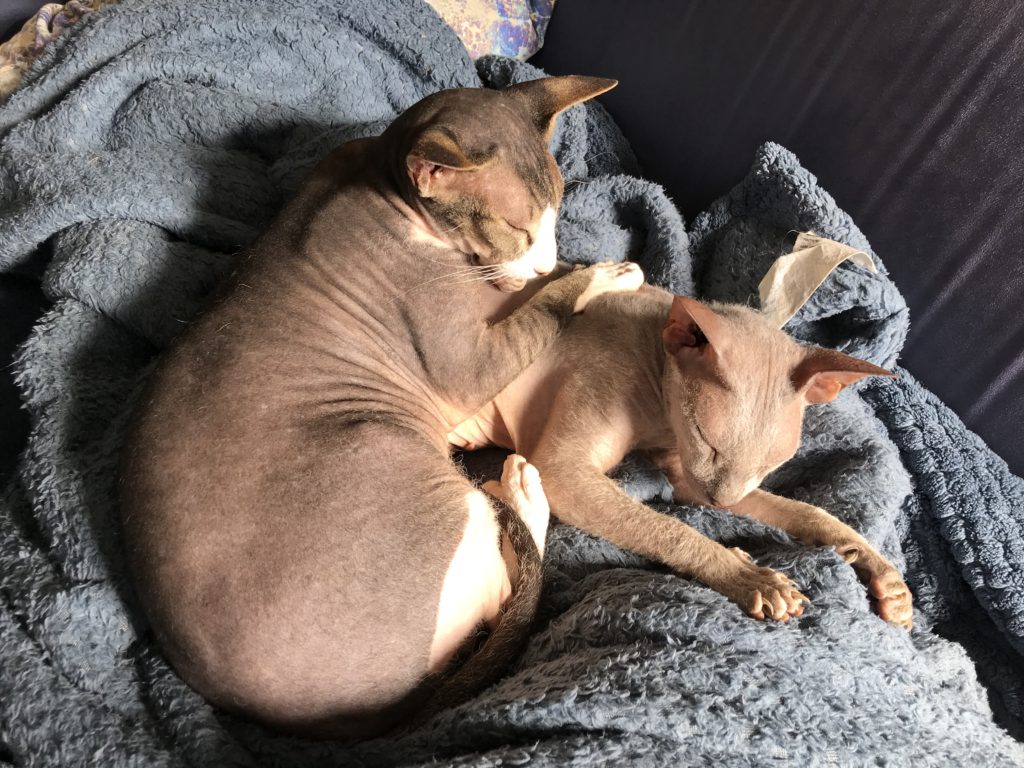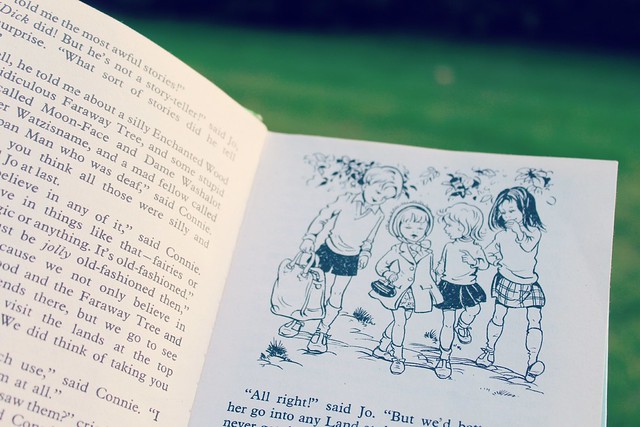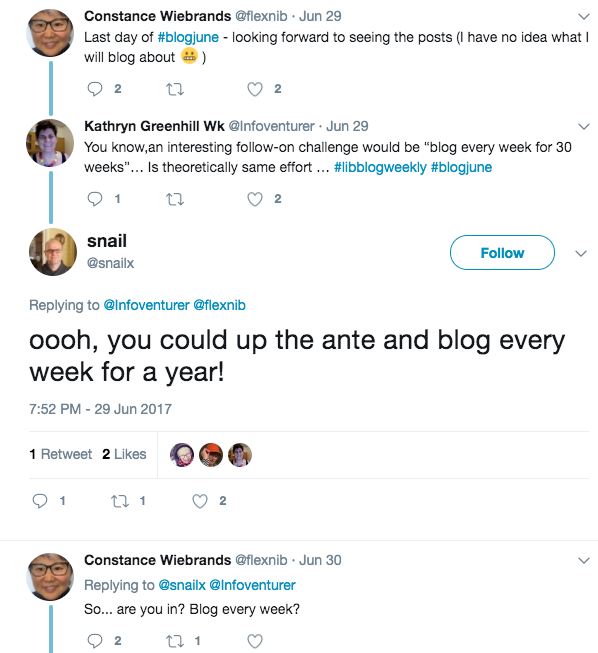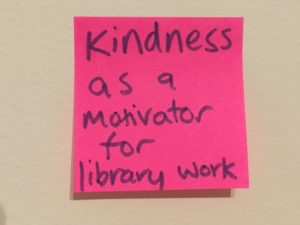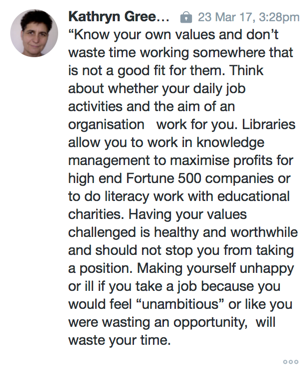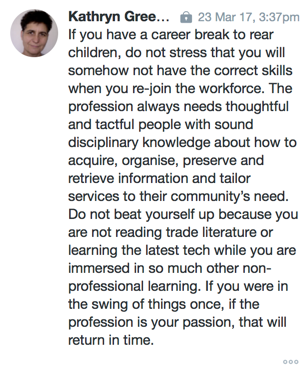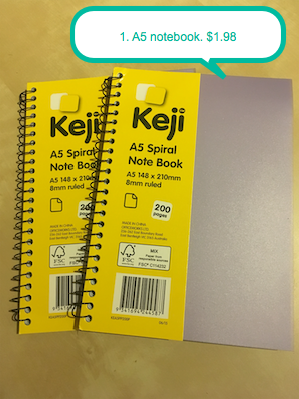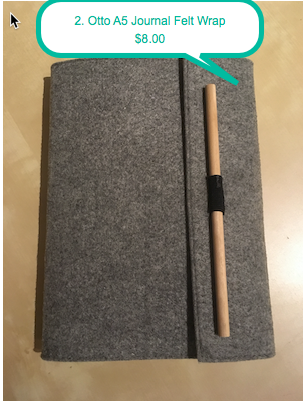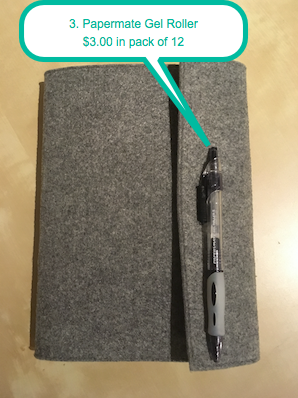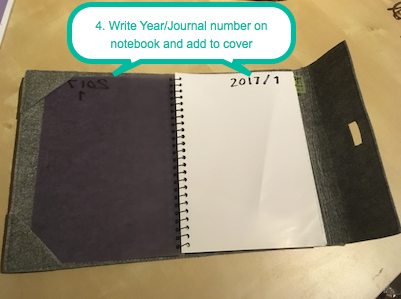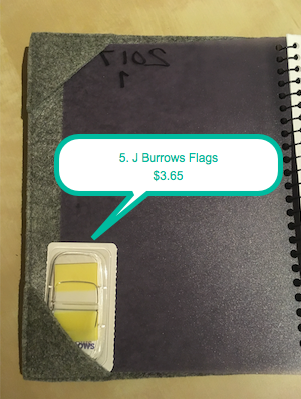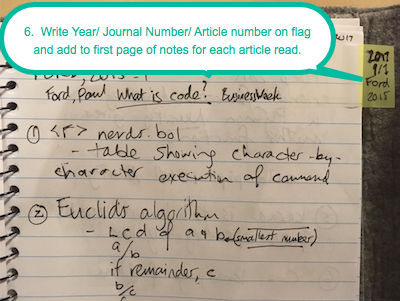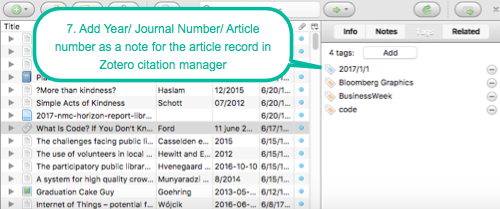John mentioned that he is marking for a university that teaches library and information studies, and made four points that I would agree with.
- Marking takes a lot of time and is not really well paid for the number of hours
- Some money is better than no money, and it is a very interesting way to earn
- It gives you insight into how others think about our profession and problem-solve
- It keeps you up to date with what is being taught
So, how do you actually get a gig as a casual university marker?
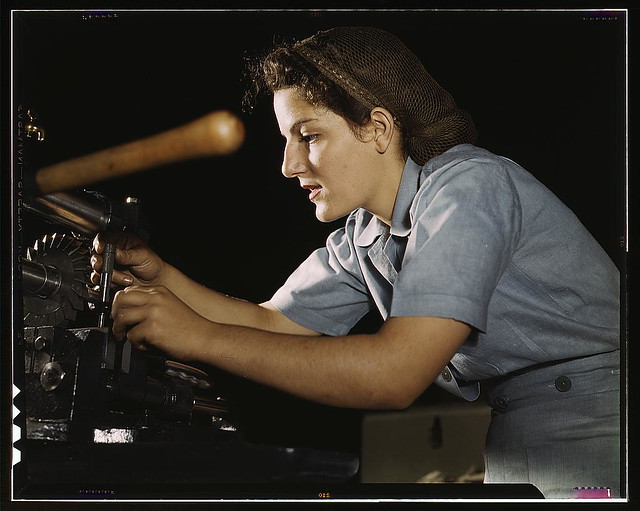
The Library of Congress. (1939). Mary Louise Stepan, 21 … [Photo]. Retrieved from https://www.flickr.com/photos/library_of_congress/2179233084/
Step 1. Ask me, or any other academic you know, whether they need a marker.
University courses are set up presuming that a large part of the work will be done by casual staff – certainly markers, and often tutors also. We always need reliable, academically-able people who want to give back a bit by mentoring the next crop of professionals.
I have excellent markers in my units at the moment and would love it if they stayed on forever… however often student numbers fluctuate, or we get asked to take on some new duty, so have a few more hours to fill.
Step 2. Adjust your expectations about doing it very well
My university pays for one hour to mark all work submitted by one student in a unit.
Economics trump pedagogy here. We adjust our assessments to try to provide meaningful activities that can be quickly marked, but I still have not got the balance right. I do not think it is actually possible.
So, as a casual marker, you would be marking in an environment where you probably could not give the amount of constructive feedback you would like to, nor spend as much time as you would like in double-checking that you have made the right call. Or, as John alluded to, you spend longer than allocated, so the rate per hour effectively decreases.
However, I would far rather have a well-intentioned marker who does their best within the limitations and who understands that they cannot do half the job they would like to … rather than someone who cynically would turn up, be paid, and work to rule to do the minimum possible job.
To make it a *little* bit easier, I spend a lot of time creating comprehensive marking guides and make myself very available to markers when an assessment has been submitted.
Step 3. Check you meet other requirements
For my units you would need:
- At least a Masters degree in the area
- You would be marking postgraduate as well as undergraduate work.
- Seasonally-available time.
- Generally there is a 18 day turnaround between work being submitted and me looking over the marks to moderate them before returning work to the student.
- Most of the work is May/June then September, October, November.
- You are looking at around 5 – 60 or so assessments to mark in one sitting.
- Tolerance for a high learning-curve the first semester.
- Aiming to “just try it for a semester” would probably set you up to fail, because there is so much to learn the first time about:
- the admin requirements of the particular university
- the online system(s) used
- how the individual unit coordinator uses the system
- the unit materials
- the assessment instructions
- the marking criteria
- your own ability to judge, make a call about a mark, and just move on
- BUT – once that first semester is over, there may be small things that change, but it is all much, much, much easier and quicker.
- Aiming to “just try it for a semester” would probably set you up to fail, because there is so much to learn the first time about:
- Efficiency and reliability.
- Excellent academic writing skills – grammar, spelling, expression and citation
- Understanding how to evaluate sources for authority – both scholarly and technological. So understanding of recency, authorship, purpose, peer-review, valid evidence, logical conclusions, contextualising within disciplinary debate.
- Disciplinary and tech knowledge. My units have a focus on how tech is used in the field, and I really value markers who can judge whether student work is of a standard that would be acceptable in the workplace
- Tact and clarity. The ability to encourage and support, while being very clear with students how to improve
Step 4. Email your CV directly to the academic, asking them to consider you as a future marker and whether you can provide further information.
- Include information about:
- Your highest qualification
- Any experience you have with teaching or marking. This can include teaching in other areas (e.g. as a music teacher) or information literacy sessions with clients, or being an embedded librarian in your university learning management system.
- Someone who could chat about your previous teaching/marking work
- Your work history
Step 5. Wait.
- Generally we will not have any work right now.
- We often do not know until right before semester whether we will have any work, and then will suddenly contact you about starting in a couple of weeks
- We sometimes share CVs for potential markers with other academics in the same area, and sometimes do not.

